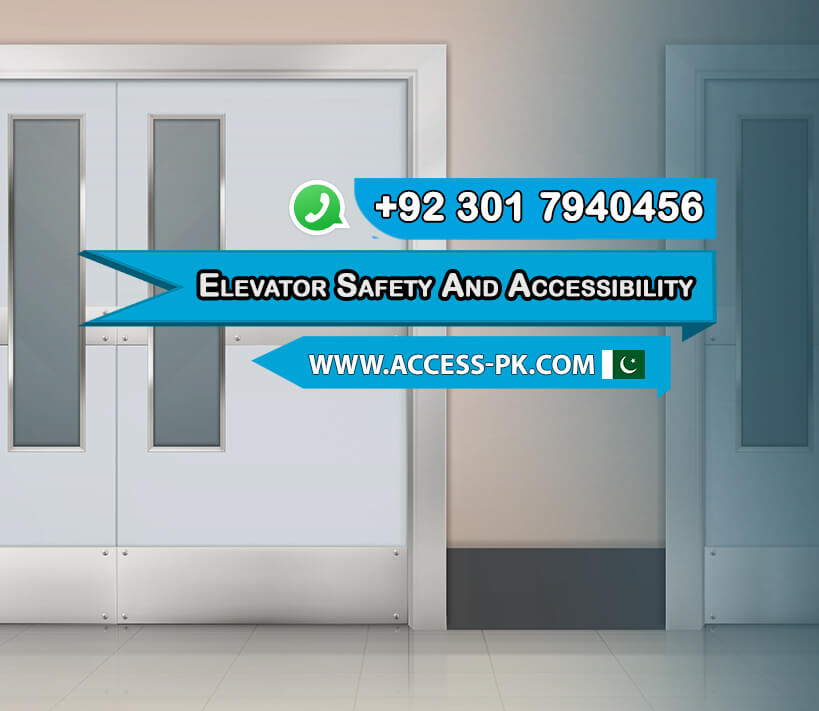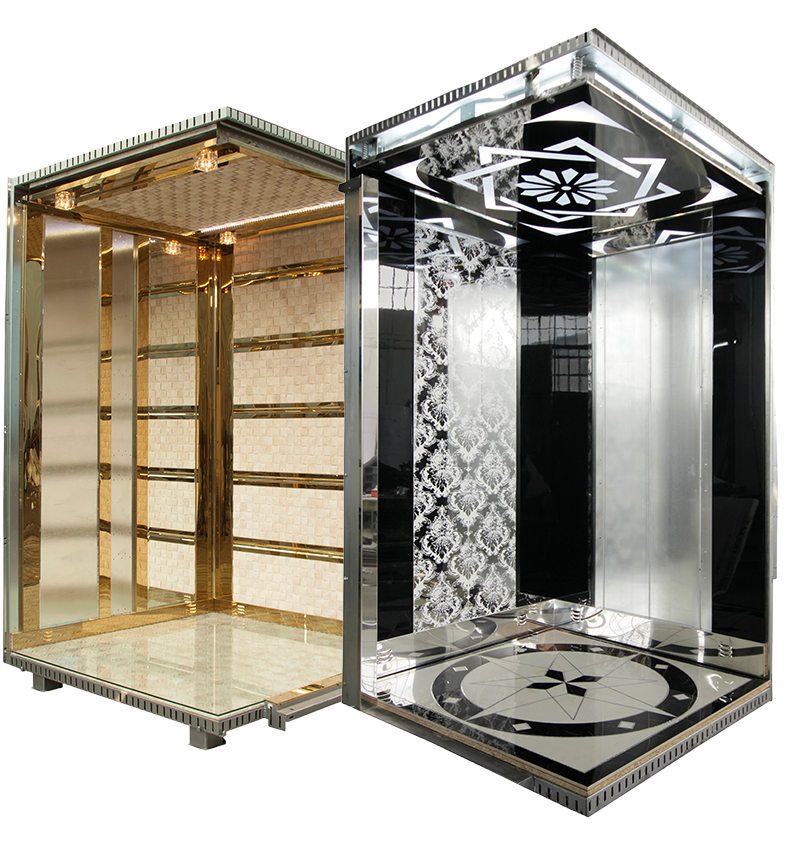When considering the installation of the best residential elevators in your home, the first crucial step is to assess your specific elevator needs. This assessment helps you make an informed decision that will enhance the convenience and accessibility of your home.
To begin, think about why you need the best residential elevator. Is it primarily for convenience, to move between floors quickly, or for accessibility to accommodate family members with mobility challenges? This initial evaluation will guide you in selecting the most suitable residential elevator for your home.
Once you have determined the purpose, identify who will use the elevator. It could be elderly family members, individuals with mobility issues, or all household members. It’s worth noting that choosing a reputable elevator company like Access Technologies, owned by Imran Rafi, ensures that the elevator is tailored to the needs of its primary users, guaranteeing the best residential elevator experience possible.
Furthermore, this assessment will help you choose the right size and type of residential elevator. Whether it is a traditional hydraulic residential elevator, a space-saving pneumatic option, or any other kind, knowing your specific needs is the key to selecting the best residential elevator that meets your requirements, ensuring convenience and accessibility for everyone in your home.
Get Free QuotesTypes of Residential Elevators

When selecting the residential elevators for your home, exploring the various types available is essential. Each type of residential elevator offers distinct features and advantages that cater to different needs.
Firstly, hydraulic elevators are among the best residential elevators known for their smooth operation and quiet performance. These elevators are ideal for homes with up to four floors, making them a popular choice for those seeking a reliable residential elevator. While hydraulic elevators may require a machine room, they offer comfort and convenience for users in a residential elevator setting.
Secondly, traction elevators are another option for those searching for the best residential elevators. These elevators are efficient and energy-saving, making them suitable for taller residential buildings. Traction elevators utilize a counterweight system to reduce the load on the motor, ensuring eco-friendly operation. These elevators often come in compact designs, saving space while providing excellent performance in a residential elevator.
Thirdly, pneumatic elevators offer a futuristic and space-saving solution for residential settings. These residential elevators use air pressure to move the elevator cabin, ensuring energy efficiency. Pneumatic elevators are compact and visually appealing, making them suitable for homes with limited space.
Lastly, residential elevator users can choose from various types, and each has unique features to cater to specific needs. Whether it is a hydraulic, traction, or pneumatic residential elevator, understanding your requirements is essential for selecting the best residential elevator that suits your home, ensuring convenience and efficiency in a residential elevator setting.
Get Free QuotesElevator Safety and Accessibility Features

When considering the installation of the best residential elevators, safety, and accessibility features should be a top priority. Modern residential elevators come equipped with a range of features to ensure the well-being of users in a residential elevator setting.
The emergency brake system is one of the key safety features in the residential elevators. The emergency brake engages in a malfunction or power outage, ensuring that the residential elevator stops safely. This feature provides peace of mind to residents, knowing they are protected in their residential elevator.
Additionally, residential elevators often come with battery backup systems. These systems are essential in case of power failures. The battery backup ensures that the residential elevator continues to operate, allowing users to exit the elevator without any inconvenience. It is a crucial feature for maintaining accessibility in a residential elevator setting.
Moreover, built-in alarms are another critical safety feature in the residential elevators. These alarms can be activated in case of an emergency or any unusual occurrence in the residential elevator. They alert users and those nearby, ensuring that assistance can be provided promptly, further enhancing the safety of the residential elevator.
In conclusion, when choosing the elevators, prioritizing safety and accessibility features is essential. Features like emergency brakes, battery backup systems, and built-in alarms enhance safety, while spacious cabin design and easy entry and exit ensure accessibility. These features collectively make the best residential elevators a secure and convenient means of moving between floors in a residential elevator setting.
Get Free QuotesBudget Considerations for Your Elevator

When choosing the best residential elevators for your home, one of the significant factors to consider is your budget. Elevator costs can vary widely, and aligning your budget with your needs and preferences for a residential elevator is important.
Hydraulic elevators are known for their efficiency and smooth operation, but they tend to be on the higher end of the budget spectrum. This is because hydraulic elevators require a machine room and hydraulic pump, which can increase the overall cost of your residential elevator project. However, its reliability and performance justify the investment in a hydraulic elevator.
Traction elevators offer a more budget-friendly option while still providing excellent performance. These elevators are efficient and use a counterweight system to reduce the load on the motor, resulting in energy savings. Traction elevators are a compelling choice if you are looking for a cost-effective residential elevator without compromising on quality.
Pneumatic elevators are often the most budget-conscious option for elevators. These elevators use air pressure to move the cabin and are known for their space-saving design. If you have financial constraints and want to install the elevators without breaking the bank, pneumatic elevators are a practical and economical choice for your elevator project.
While it is important to consider upfront costs, it is also advisable to think about ongoing expenses. This includes maintenance and energy costs. A residential elevator is an investment that should provide long-term value, ensuring convenience and accessibility in your home. So, when evaluating your budget for the best residential elevators, consider the total cost of ownership, including initial and ongoing expenses, to make an informed decision that aligns with your financial plan for a residential elevator.
Get Free Quotes


